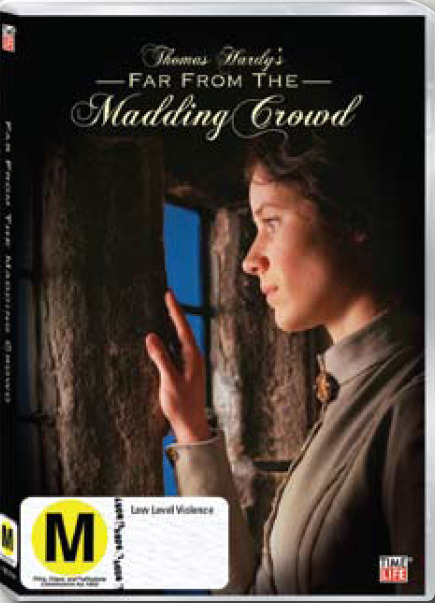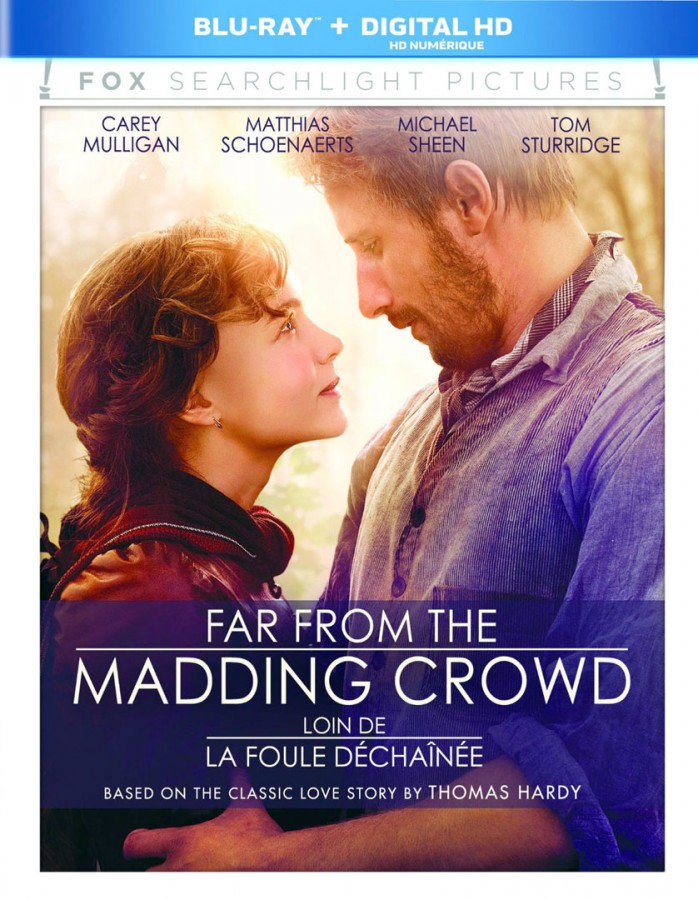


She is a young lady of the inconsequential, willful, mettlesome type,” one who “remains alternately vague and coarse and seems always artificial.”

When he reviewed Hardy’s breakthrough fourth novel upon its publication in England in 1874, Henry James complained that “we cannot say that we either understand or like Bathsheba. One is left with the moderately daunting task of trying to figure out what this woman’s true priorities are. But there’s no further narration, suggesting that the lead-off commentary was added as a target-audience afterthought. Opening narration from the central character of Bathsheba Everdene ( Carey Mulligan) about her desire to maintain her independence in a patriarchal world immediately suggests that David Nicholls‘ adaptation will assume her point of view and that her go-it-alone attitude might stem from some cultivated intellectual stance rather than the mixed opinions she holds about each of the men in her thrall. Read more Focus Acquires Meryl Streep, Carey Mulligan’s ‘Suffragette’ for U.S.


 0 kommentar(er)
0 kommentar(er)
